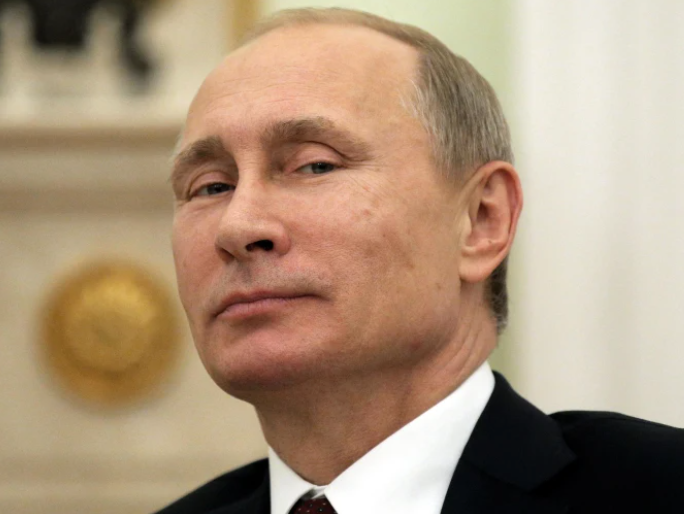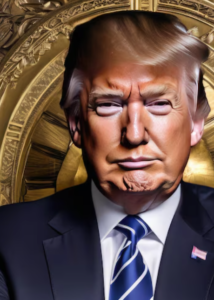$RSX $USDRUB $BTC
#RussiaEconomy #WarEconomy #Geopolitics #Sanctions #GlobalMarkets #CommodityPrices #Macroeconomics #MarketInstability #OilPrices #CurrencyCrisis #EnergyMarket #EmergingMarkets
Russia’s economy, under the strain of an ongoing war and mounting international sanctions, resembles a precariously built structure that could collapse under its own weight. The key financial mechanisms that have sustained the country’s economy appear increasingly fragile, as global pressures continue to expose its vulnerabilities. While the Kremlin has touted resilience in the face of sanctions, the cracks in Russia’s economic foundation are becoming harder to ignore. Central to this fragility are the compounding effects of military expenditures, reduced access to global financing, and dependency on a resource-heavy economic model. Markets are already signaling unease as volatility rises in energy prices, currency valuations, and investor confidence.
At the heart of Russia’s economic challenges is its over-reliance on resource exports, particularly oil and natural gas. While higher energy prices during the onset of the war initially benefited the Kremlin by temporarily propping up revenues, the shifting dynamics of the global energy market are now working against it. European nations and other former buyers of Russian energy have accelerated their shift toward alternatives, shrinking a crucial customer base. Simultaneously, discounted energy exports to countries like China and India, while helpful, fail to fully compensate for the loss of more lucrative Western markets. The continued isolation of the Russian financial system through widespread sanctions has severely reduced its access to foreign capital. This constraint not only hinders economic growth but also further exposes the country to currency instability, as evidenced by the ruble’s significant devaluation this year.
The mounting strain is further amplified by military spending, which continues to divert resources away from critical domestic needs and infrastructure investment. Maintaining operations on the battlefield, combined with efforts to ensure domestic stability, has led to increased government borrowing and monetary expansion that could stoke inflationary pressures. These measures have led to an artificial sense of stability in the short term, but they erode long-term economic foundations. Russia’s dwindling access to Western technology, financial services, and supply chains has also impaired industrial output, particularly in sectors like manufacturing and tech, leaving fewer pathways for sustainable growth. Emerging markets have historically offered some level of relief to Russia, but even these avenues are narrowing as economic alignments shift globally.
From a geopolitical perspective, the ongoing instability in Russia’s economy carries significant implications for global markets. Commodity markets remain on edge, with oil prices oscillating due to market speculation over potential supply disruptions. The Russian currency, the ruble, continues to experience wild fluctuations, which not only impacts international trade with Russia but also triggers broader volatility in forex markets tied to other emerging economies. Meanwhile, the decoupling of major economies from dependency on Russian resources could reshape global trade flows, generating new winners and losers across regions. Investors remain cautious, as the situation underscores how geopolitical risks remain a critical factor in market decision-making. While Russia has managed to tread water for now, the long-term trajectory of its economy could profoundly alter both regional and international economic landscapes.











Comments are closed.